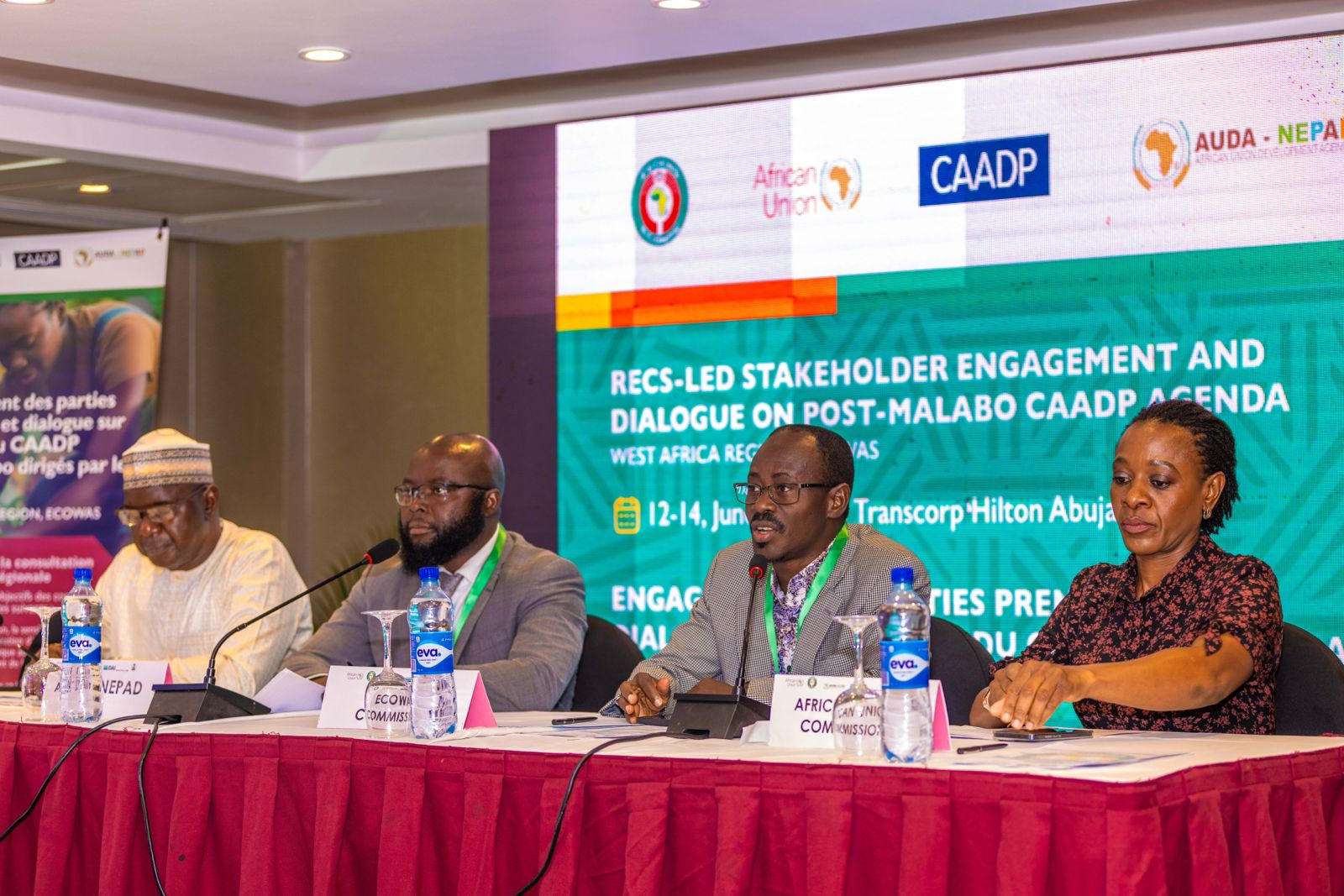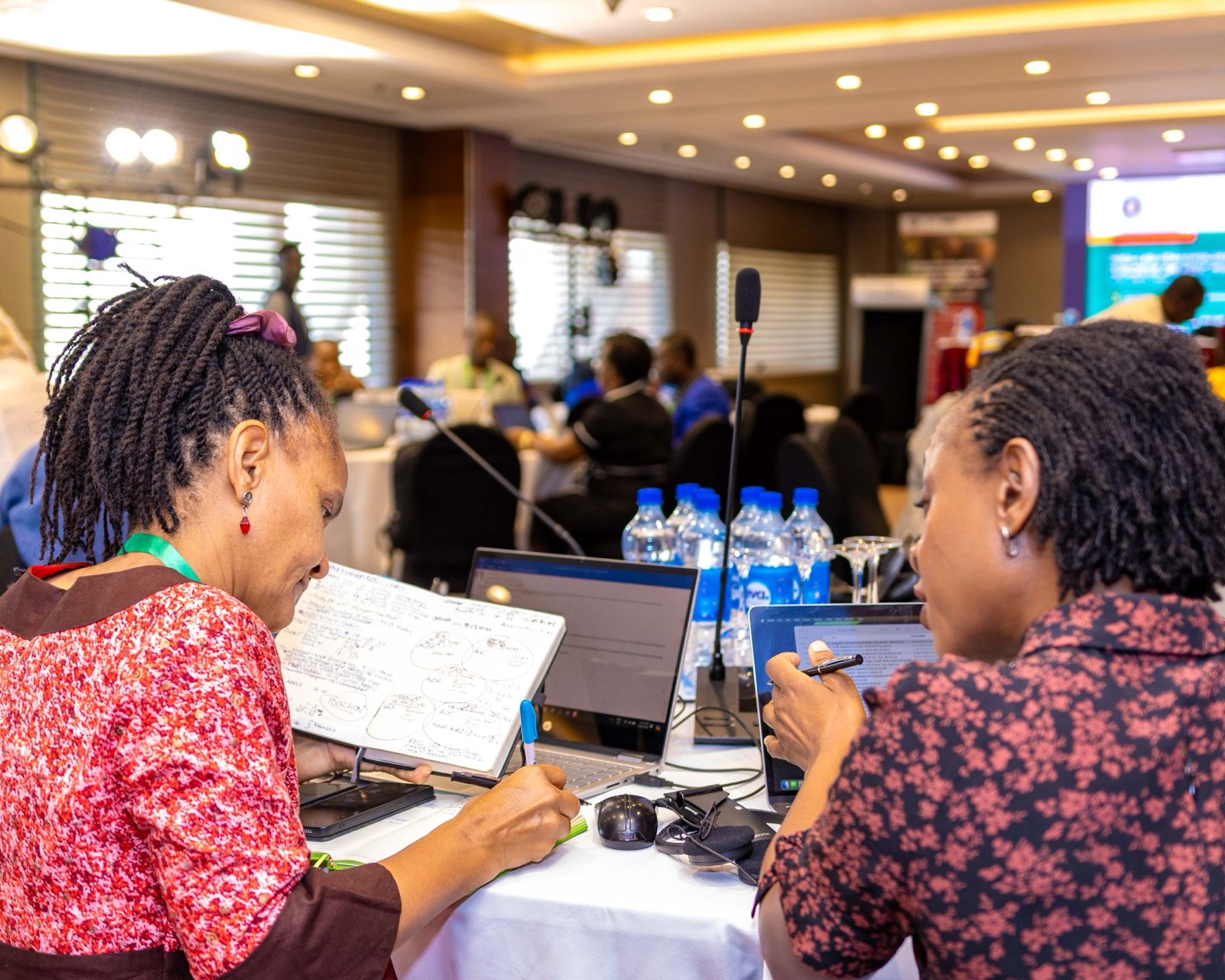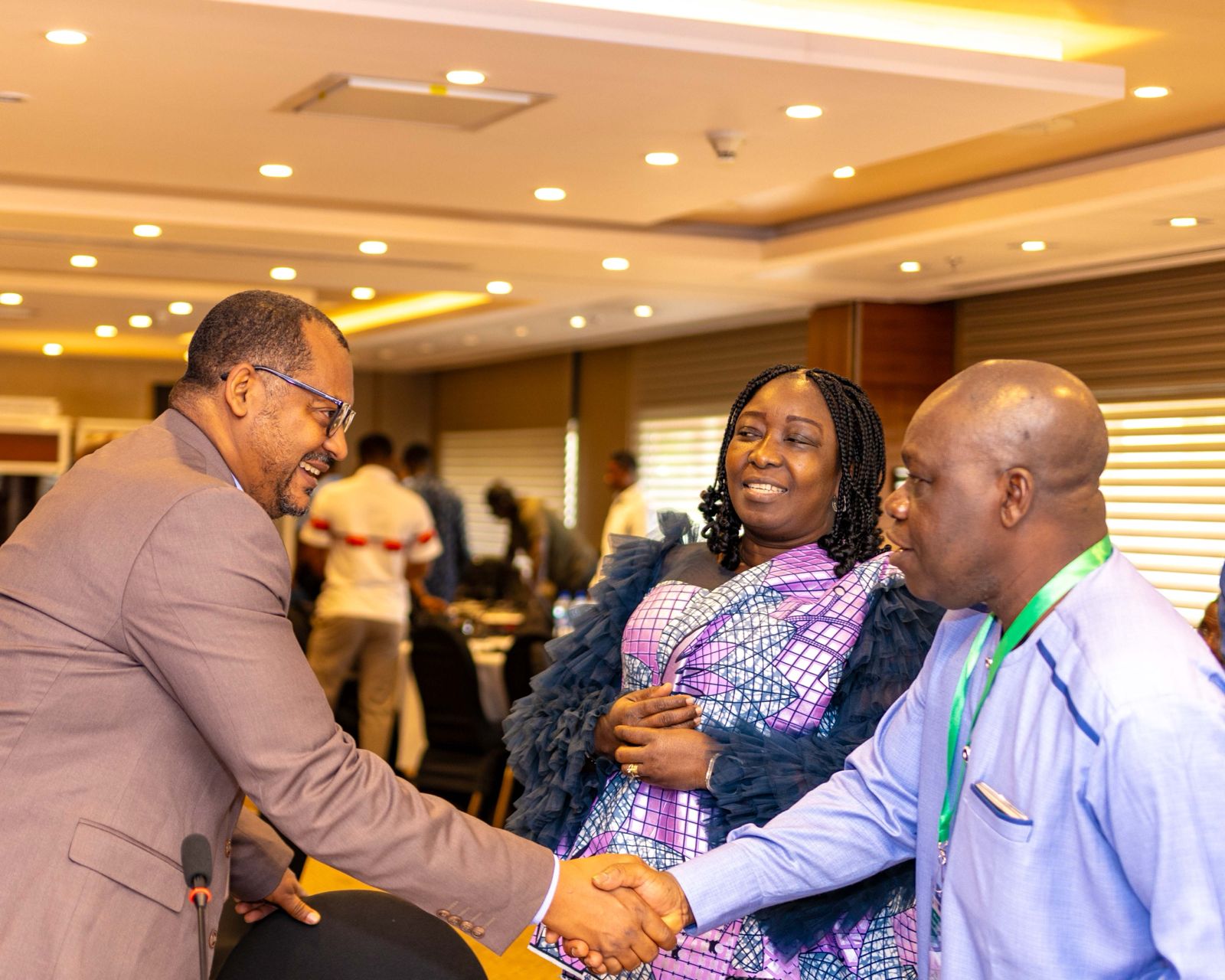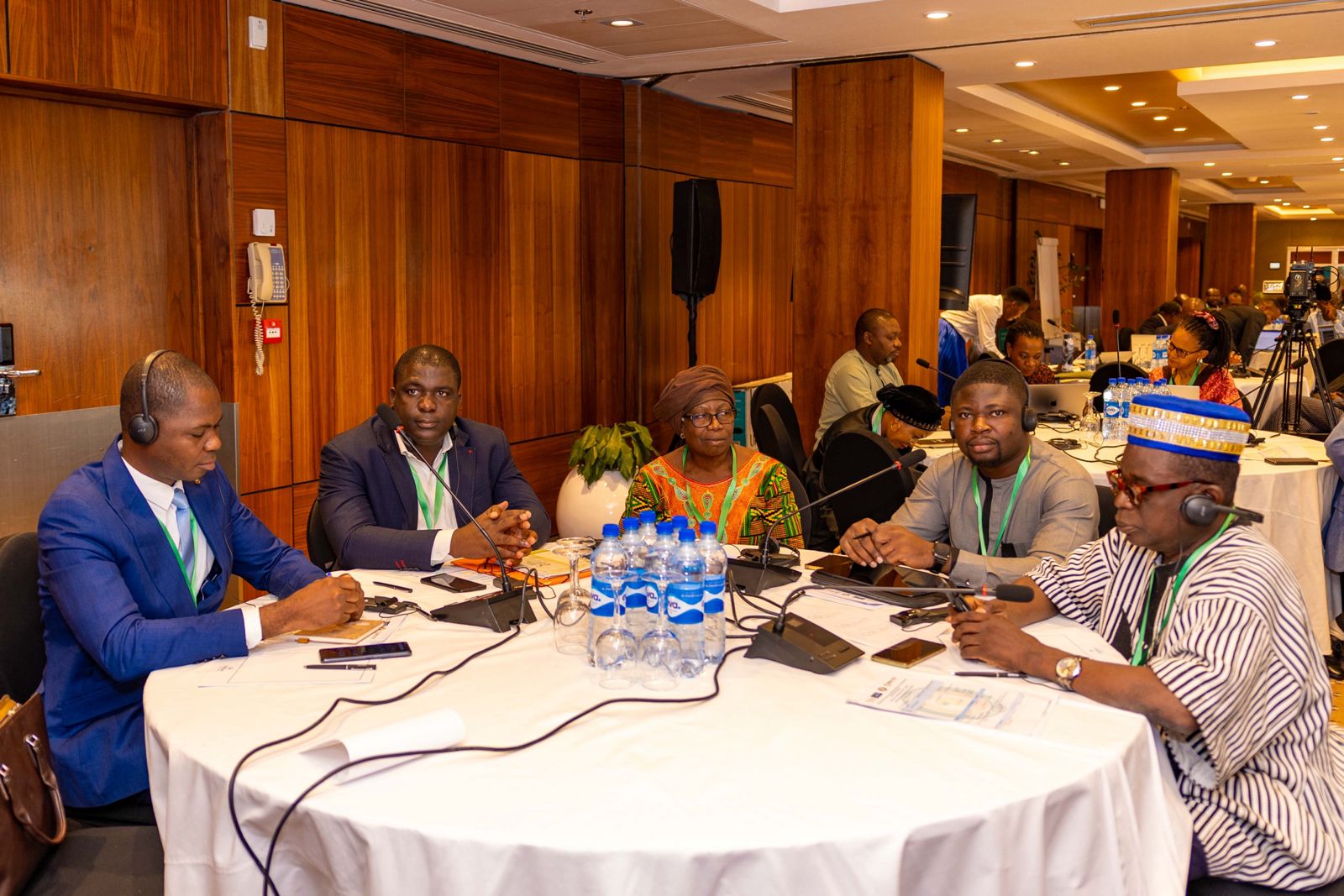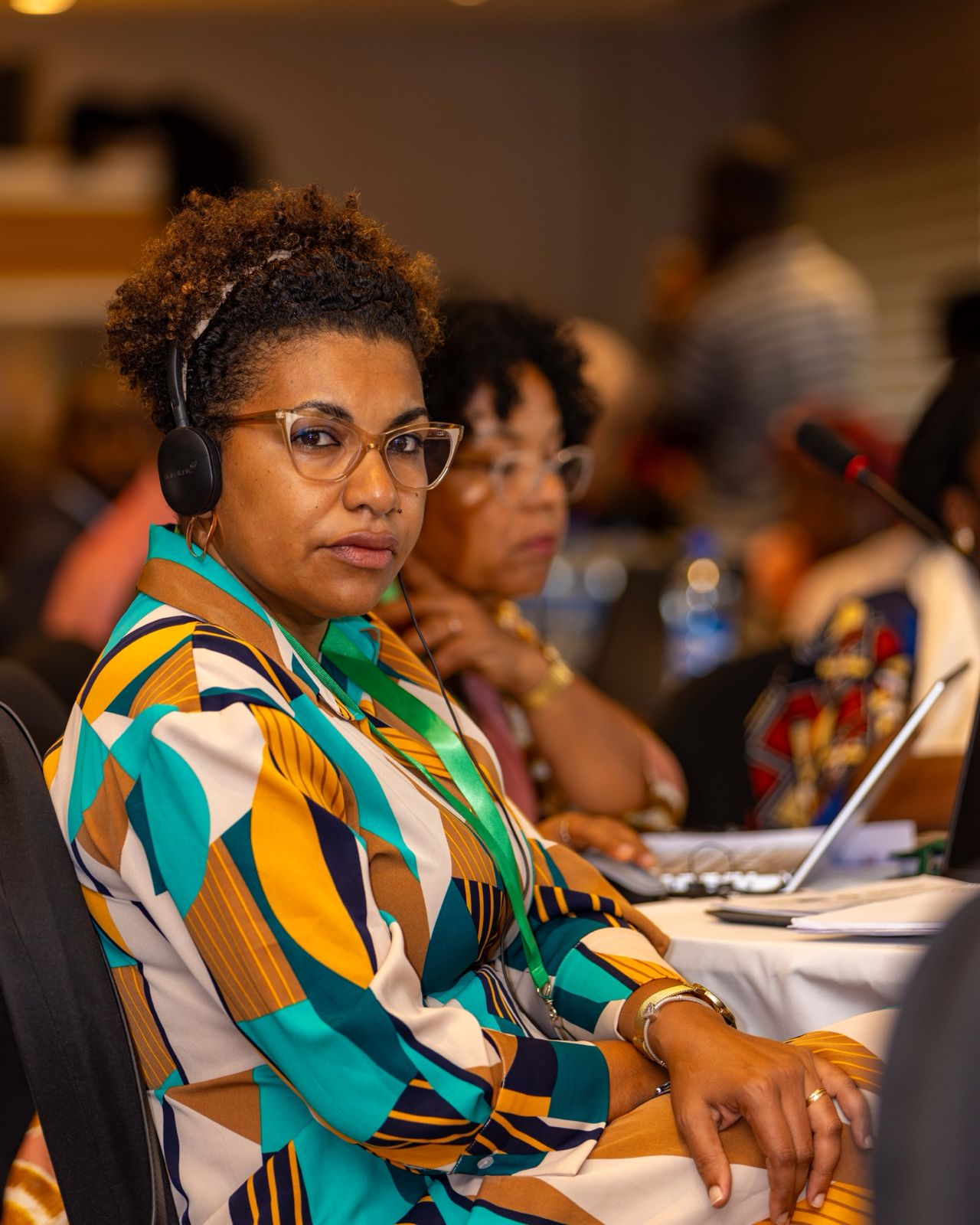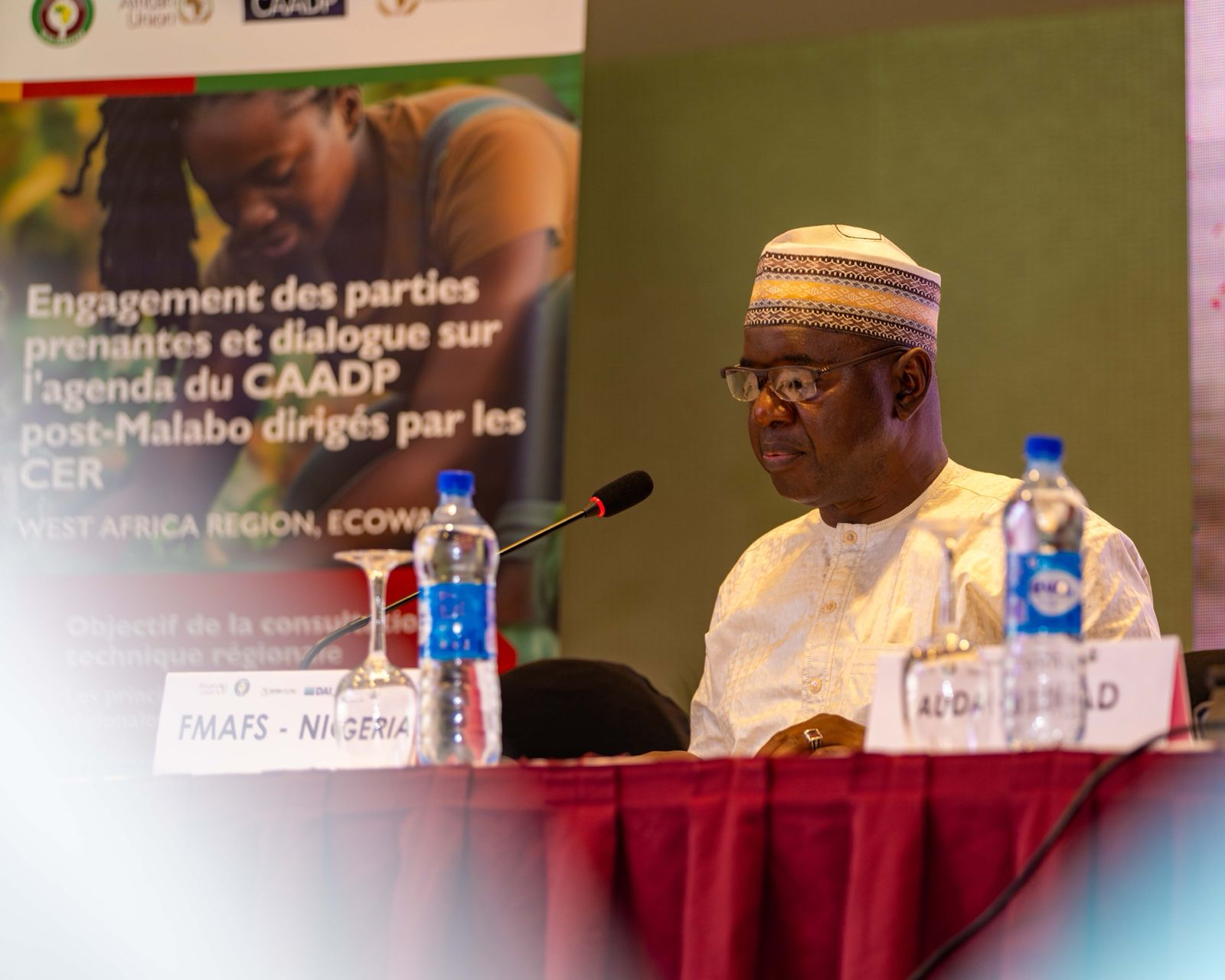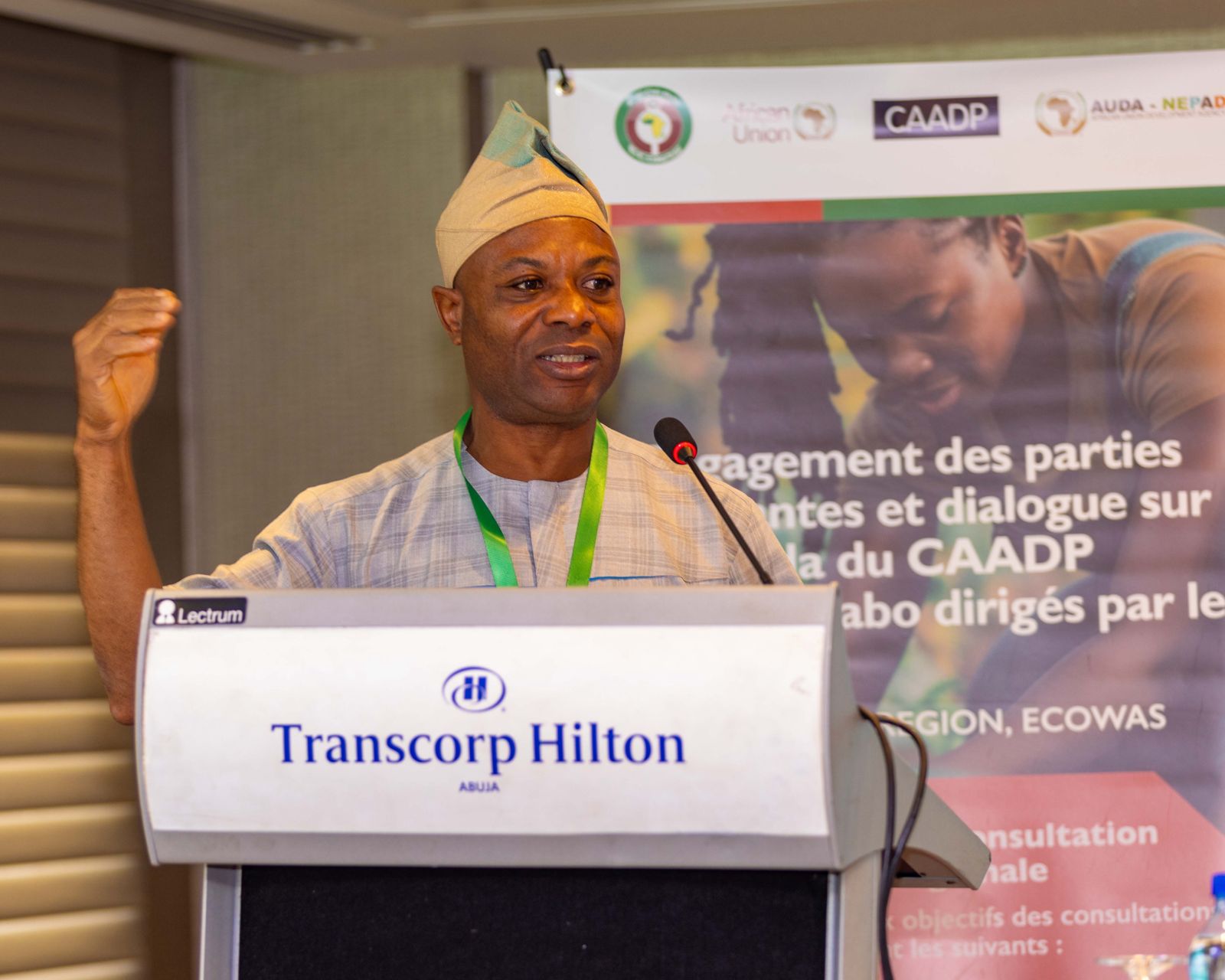ECOWAS Holds Consultations with Member States for a Post Malabo Agenda
14 Jun, 2024With the Malabo Declaration ending in 2025, ECOWAS and the African Union are developing a new 10-year agenda for the region. This process involves stakeholder consultations, research, analysis, and political mobilization, culminating in a declaration of the new agenda by January 2025. The Comprehensive Africa Agriculture Development Programme (CAADP), Malabo Declaration emphasizes involving public and private stakeholders in African agricultural transformation. In this context, the ECOWAS Commission’s Directorate of Agriculture organized a meeting in Abuja, Nigeria, from June 12-14, 2024, to review the ECOWAS Agriculture Policy (ECOWAP) to ensure its consistency, relevance, and complementarity, and to avoid duplication of efforts.
The meeting will also facilitate outreach, awareness, socialization, building momentum, and political buy-in for the ECOWAP/CAADP Post Malabo process and issues. Member States and Agriculture’s Regional Stakeholders will reflect and share their experiences and best practices for the last 20 years of ECOWAP/CAADP to inform the future and have a wider perspective and build consensus on key issues and technical options.
In welcoming participants on behalf of the Commissioner for Economic Affairs and Agriculture, Madam Massandjé Toure-Litse, Dr. Sy Alian TRAORE, the ECOWAS Director of Agriculture and Rural Development, highlighted significant agricultural growth in West Africa, driven by the implementation of National Agriculture Investment Plans (NAIPs) and improved budget allocations and Monitoring and Evaluation in all 15 Member States. Despite these advancements, food security faces challenges such as climate change, COVID-19, the Russia-Ukraine war, banditry, and insecurity.
Director Traore emphasized the need for collective action to address these issues, noting the pressure from population growth and urbanization. He called for more effective and efficient measures, supported by political will, to develop agriculture and ensure food security for all citizens.
The Nigerian Minister of Agriculture and Food Security, represented by the Director of Planning and Policy Coordination, Mr. Ibrahim Tanimu, emphasized that food security is a top priority for the Nigerian government. This focus is part of broader economic reforms of the government of Nigeria aimed at achieving sustainable growth in infrastructure, social investment, the digital economy, and industrialization. He reaffirmed Nigeria’s commitment to implementing recommendations from the last Biennial Review cycle, particularly increasing farmers’ access to agricultural advisory services.
Dr. Clement Adjorlolo, Head of Agriculture and Rural Transformation at AUDA-NEPAD urged participants to reflect on their collective achievements and identify recommendations for the Post-Malabo CAADP Agenda. He emphasized that these consultations are crucial for developing new strategies to enhance Africa’s agrifood systems and promote sustainable growth and development across the continent.
Ms. Panduleni Elago, Senior CAADP Advisor, commemorated the 20th anniversary of the CAADP on behalf of Dr. Godfrey Bahiigwa, Director of Agriculture and Rural Development of the African Union Commission. She highlighted Africa’s progress in agricultural and economic transformation.
Ms. Elago emphasized the importance of addressing the entire agricultural value chain and the multifaceted challenges involved. He noted the successes of CAADP, including the power of a coordinated approach and the significance of investing in small-scale farmers, who are crucial to the agricultural sector.



